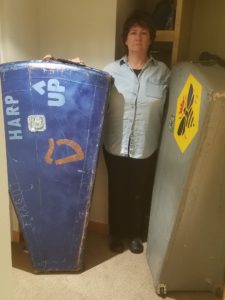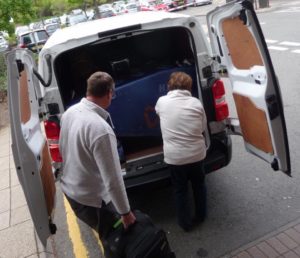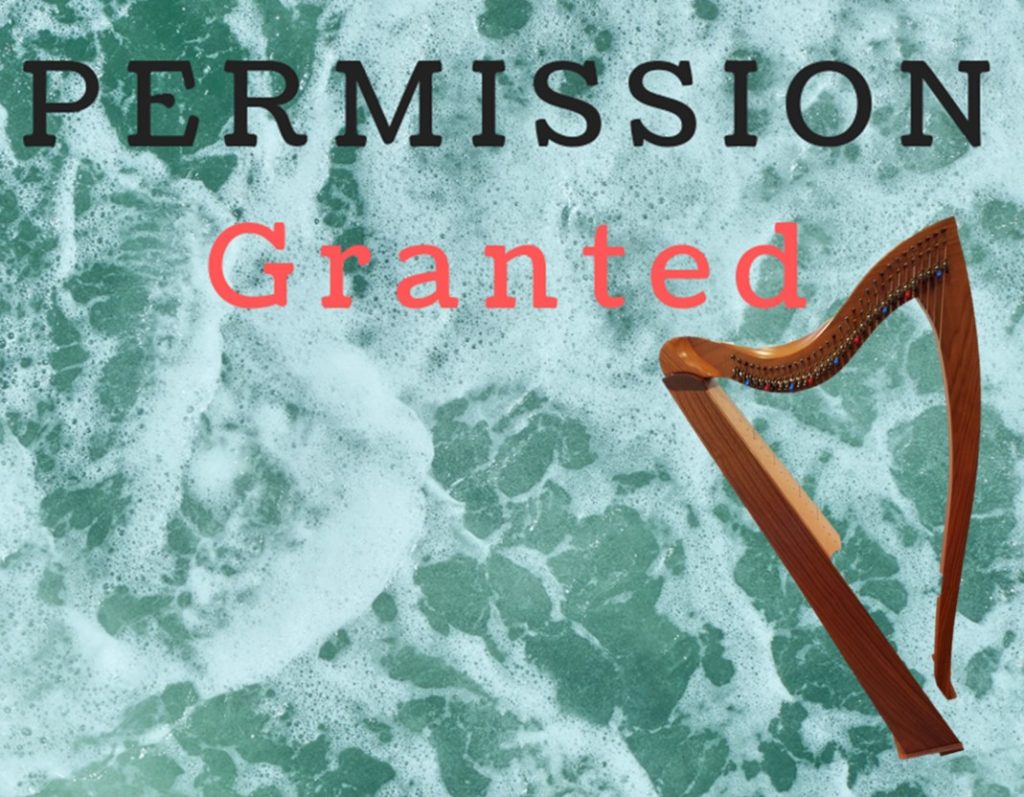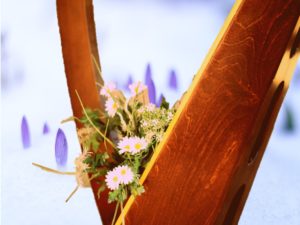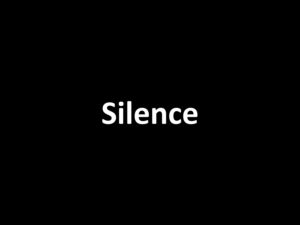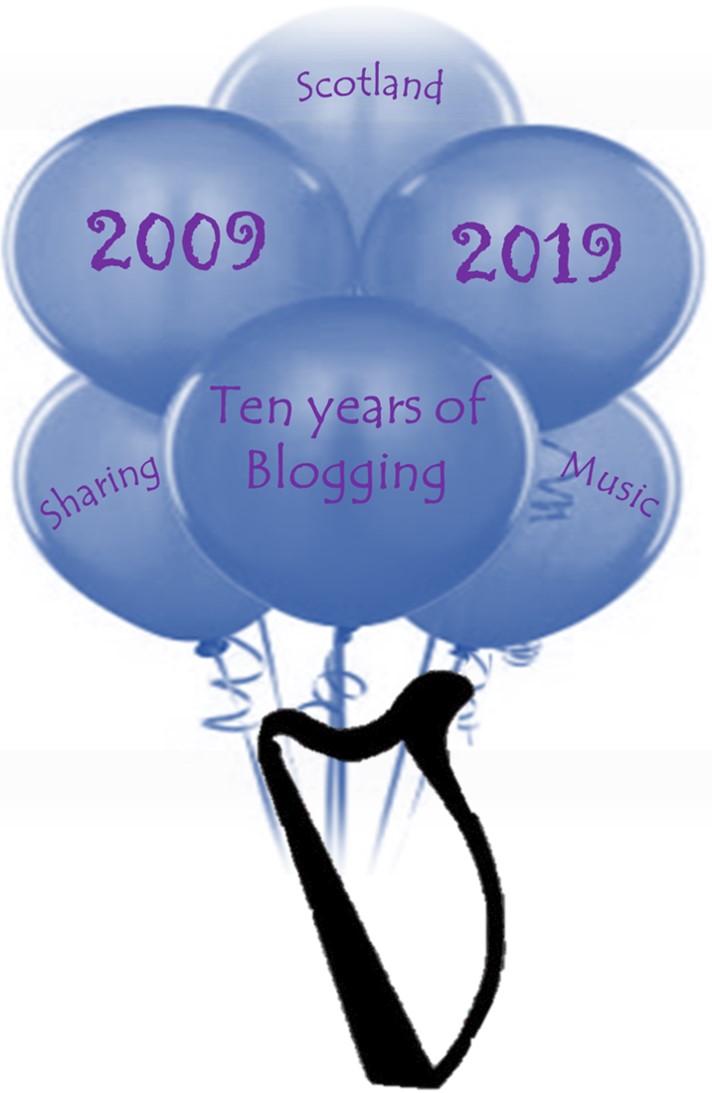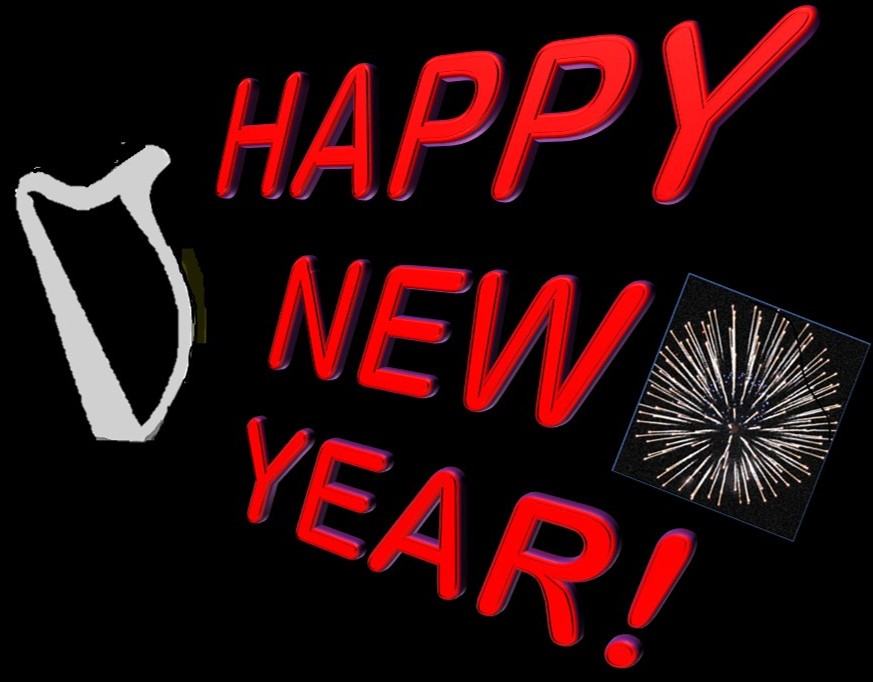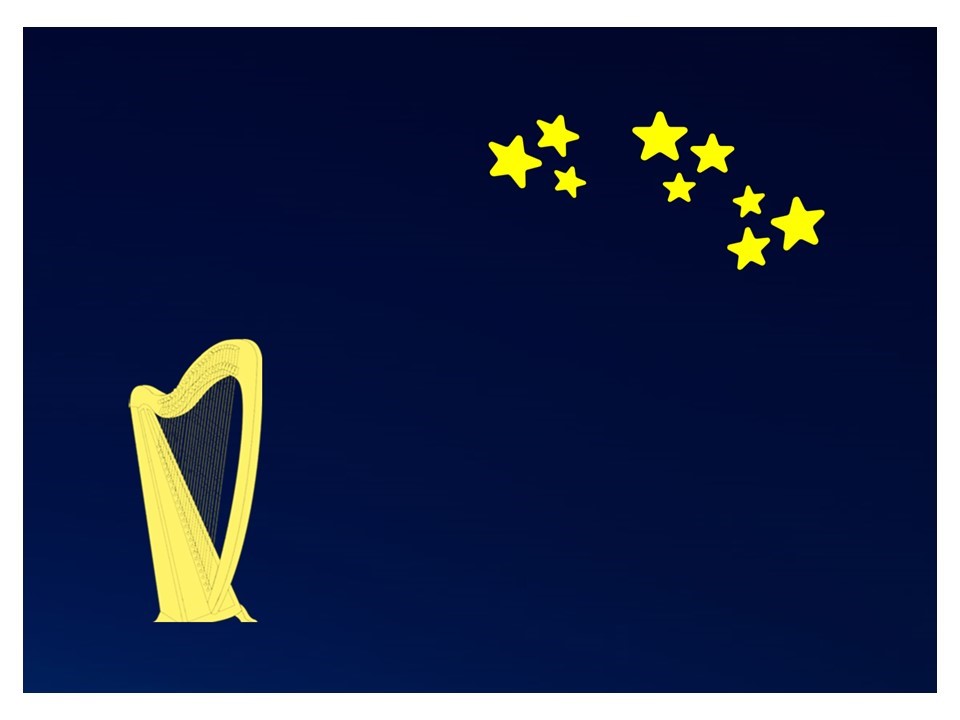We humans observe…and then compare. We are always collecting data about the world around us, analyzing it, and then selecting a winner. We have a classification scheme for winners and not winners – so we see where we rank in there.
This comparison trap is insidious in two ways. It assumes that you are an unbiased (and knowledgeable) arbiter of truth and it rarely takes context into account.
And typically, when we make comparisons, we find ourselves wanting.
Finding yourself wanting is not motivating.
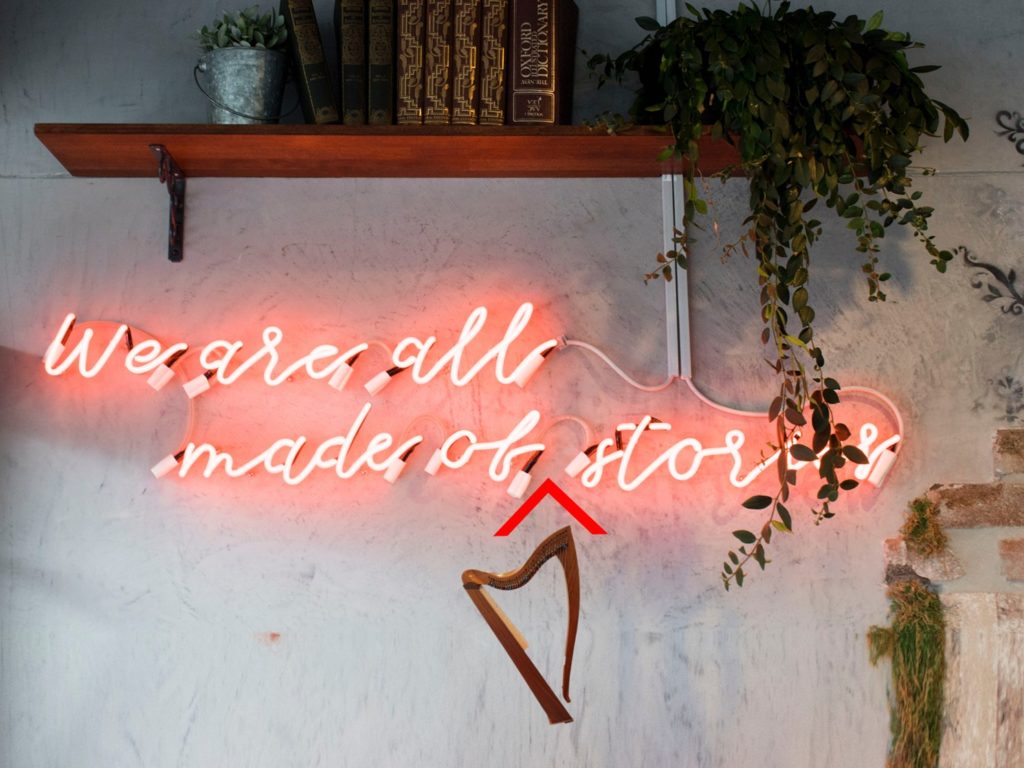 Are you a “Fair Witness” *? Are you certain that you are qualified to critique the performance of others relative to your own? And can you say, perhaps with more certainty, that you are qualified to evaluate your own performance – clear eyed and unbiased? Are you a Fair Witness to yourself that you can only report the truth with no trace of bias? Likely not – you have a vested interest in the outcome, so be honest about your ability to assess.
Are you a “Fair Witness” *? Are you certain that you are qualified to critique the performance of others relative to your own? And can you say, perhaps with more certainty, that you are qualified to evaluate your own performance – clear eyed and unbiased? Are you a Fair Witness to yourself that you can only report the truth with no trace of bias? Likely not – you have a vested interest in the outcome, so be honest about your ability to assess.
I just learned that my sister writes poetry. I learned this while thumbing through an anthology in which she is published! This very clearly highlighted the second point of context. You very rarely have insight into the context of others (even in a close relationship). Even though we are all made of stories – we don’t tell them all to everyone. And there are some we tell no one. In addition, many have no insight into the context of themselves, much less that of others. And even if you know someone, you might not have an accurate view of their context.
On occasion, you’ll hear someone “praise” another by stating baldly that playing the harp comes easily to (another). I find this both horrifying and irritating. You might think you should be delighted to receive what might be meant as a compliment. But because you have worked quite hard to be where you are, and even if you give the illusion that it comes easily, you might rather be annoyed that someone has discounted all that hard work. When you compare your own playing to someone else’s (or someone compares themselves to you), you never know the entire context – where they are, what is happening, or how your comparison may upset them. By the same token you may not be fully aware of how things affect you and impact your own playing.
As the trope goes (did you know that “trope” originated as a music term?) Comparison is the thief of joy. Why do we make comparisons? Because we’re good at it. We are quite adept at making pairwise comparisons (choosing a preference between two options). There are entire lines of research built on these comparisons – we’re that good at making them! But in this case, our strength (comparison) is a real weakness – because, you don’t have to pick! Someone else can be good and you are still too!
In addition, comparing yourself to someone else is more likely to make you feel bad than to make you play better (and you can see how that’s not helpful – the comparison makes you feel bad, so you’re not motivated to practice, so you do not become better (and may lose ground), which makes you not play as well the next time you’re with others and your comparison results in your poorer showing – etc.…you can see how that’s a downward spiral of not very helpful).
At a recent workshop I overheard a relatively new harper wistfully comment, “I’ll never play as well as (insert significantly experienced, p-r-o-f-e-s-s-i-o-n-a-l harp player here).” ** Well, DUH! Of course you don’t! You’ve been playing the harp for 10 minutes and they’ve played for 20/30/40 years. You dabble, fit it in, get to it when you can, as a hobby. That person is a pro – it’s their job! And they are seasoned, they work at it – you know, for hours – every day. And they are absorbed in multiple aspects of being a musician, not just the practicing for 20 minutes when they can!
Of course you don’t play at the same level! When I overhear this, I am always tempted to ask, “Do you w-a-n-t to play at that level? Or do you just wish you played at that level?” Big difference! (of course, the start of the difference is – you know what I’m going to say – practice!)
Do you say to every Dentist or Auto Mechanic you meet, “oh, I wish I pulled teeth or rebuilt transmissions as well as you”? Bah! No, you don’t, so why do you do that with harpers? (and if you do, stop, you’re creeping people out!).
But how can you escape the Trap and emerge solid in your own story (and possibly helping other people grow fully into their own stories)?
Be honest – and clear – about where you are and where the other person is (and the path from here to there). And be frank about your willingness to take that same path (or not)!
Be content, but not complacent – You are where you have gotten. You are not your harp hero. But you might be someone else’s (did you ever think about that?). So kindly and gently encourage yourself to continue to work and grow. You already know that it is work to continue – but it’s fun work! And there’s no deadline, so just keep at it.
Be analytical (but only part of the time) – note how much you have grown as a harp player. No, really note – be aware. At one point you hadn’t even touched a harp – and look at you now! One of the reasons I’m always exhorting you to keep a journal of your practice is so that you record (and therefore don’t forget and can review) your small, “every day” successes! Because those small accomplishments are what matter.
Be-YOU-tiful (stolen from a tea towel!) – you are amazing! Be that. You have strengths and weaknesses – just like everyone else. Celebrate your strengths. Be mindful of your weaknesses. Work on those weaknesses you want to be stronger at, set up systems to support the ones you know need work (but are still working on), and forget the rest. If you have to, turn your picture upside down so the weaknesses are in fine print at the bottom rather than in headlines at the top of your page.
There is one comparison that does matter – how are you now relative to you previously? Are you growing? Are you becoming the you that you want to be (not wish – but want). Do your thing. Let everyone else worry about being them. Do you have another way of keeping your thief of joy in check? Share that in the comments!
* If you haven’t read this, you might enjoy it – at your local library or at online
**I have no problem making this claim since I hear this at nearly every workshop I attend.
